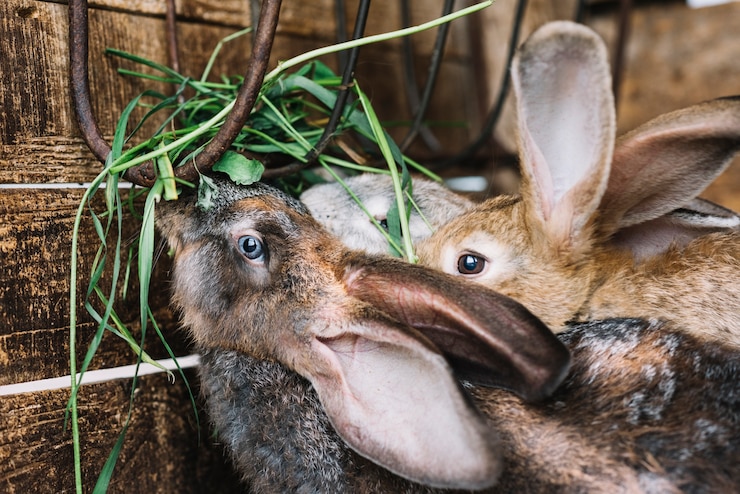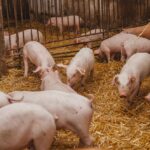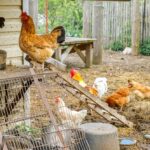Rabbit farming can indeed be a profitable niche in South African agriculture. Rabbits have several advantages that make them suitable for farming, including their fast growth rate, high reproductive potential, and relatively low space and resource requirements. Here are some key points to consider regarding rabbit farming in South Africa:
- Market demand: Rabbit meat is lean, nutritious, and has a unique taste, which makes it popular among health-conscious consumers. Additionally, there is a growing demand for rabbit fur and other by-products. South Africa has a diverse market that includes local consumers, restaurants, hotels, and export opportunities, creating potential for profitability.
- Low investment and space requirements: Rabbit farming can be started with minimal investment compared to other livestock enterprises. Rabbits require relatively small housing units and can be raised in urban or peri-urban areas, utilizing limited space effectively. This makes it an attractive option for small-scale farmers or those with limited resources.
- High reproductive potential: Rabbits have a short gestation period (around 30 days) and can produce multiple litters per year, typically ranging from 6 to 12 kits per litter. This high reproductive rate allows for rapid herd expansion and increased potential for profit.
- Feed efficiency: Rabbits are herbivores and have an efficient feed-to-meat conversion ratio. They can be fed a balanced diet using locally available feed sources such as grass, hay, and vegetables, reducing the cost of production.
- Disease resistance: Rabbits are generally hardy animals and are less susceptible to common livestock diseases. Proper management and biosecurity practices can help minimize the risk of diseases and improve overall productivity.
- Diversification and integration: Rabbit farming can be integrated into existing agricultural systems, providing farmers with additional income streams and diversification options. For example, rabbit manure can be used as organic fertilizer, contributing to crop production.
However, it’s important to note that successful rabbit farming requires knowledge of proper breeding techniques, housing, nutrition, and disease management. Training programs, workshops, and mentorship opportunities are available in South Africa to assist farmers in acquiring the necessary skills and knowledge.
Market research, identifying potential buyers, and developing marketing strategies are crucial to ensure a profitable venture. Engaging with local restaurants, markets, and other distribution channels can help establish a customer base and increase sales.
Rabbit farming has the potential to be a profitable niche in South African agriculture, particularly for small-scale farmers. With the right management practices, market awareness, and a focus on quality, rabbit farming can provide a sustainable income source and contribute to the overall agricultural landscape.
Join 'Farmers Mag' WhatsApp Channel
Get the latest Farming news and tips delivered straight to your WhatsApp
CLICK HERE TO JOIN






